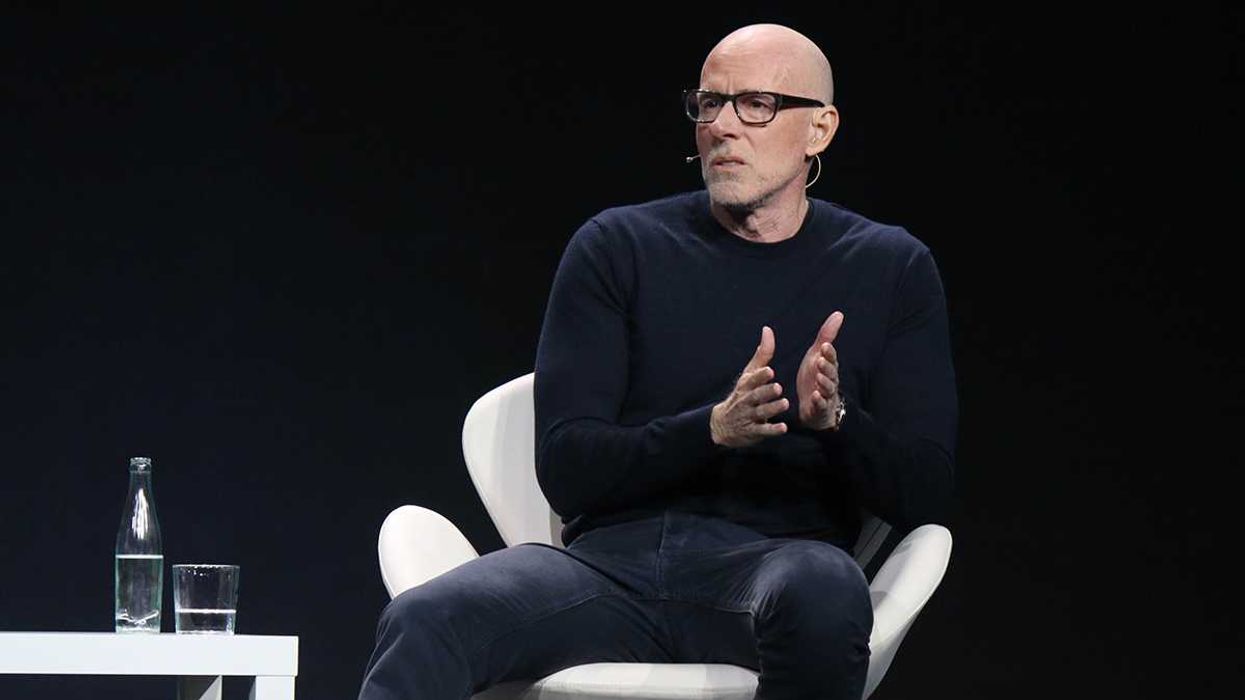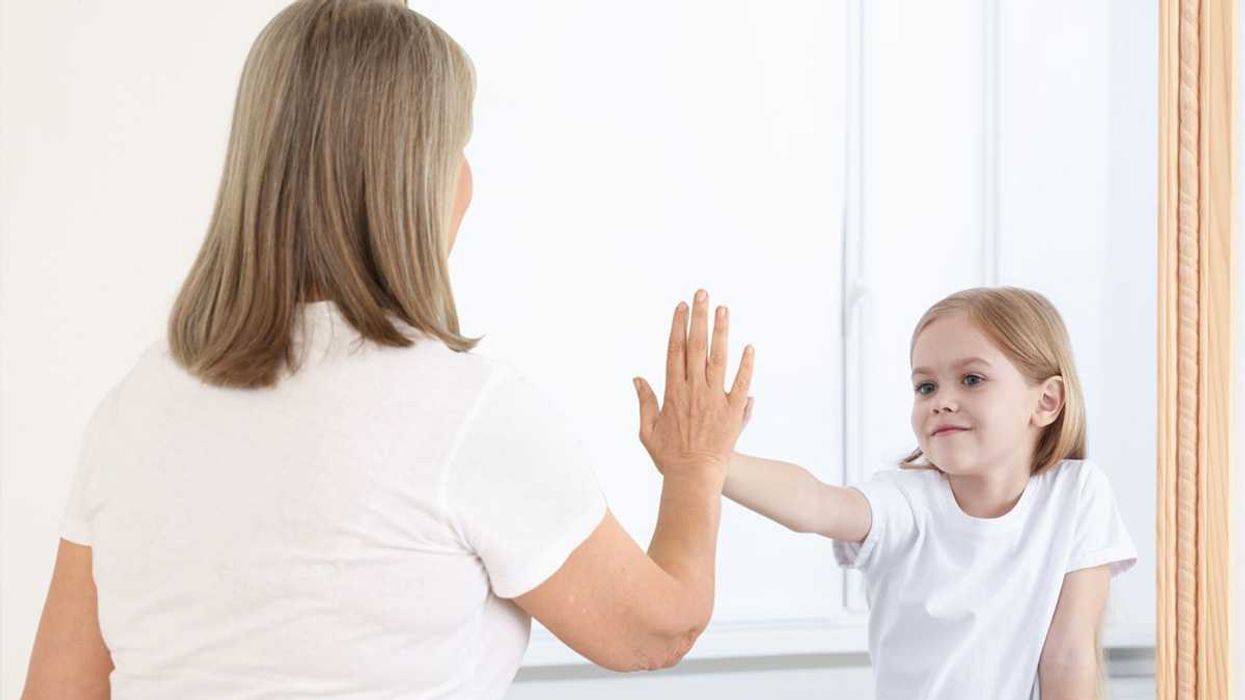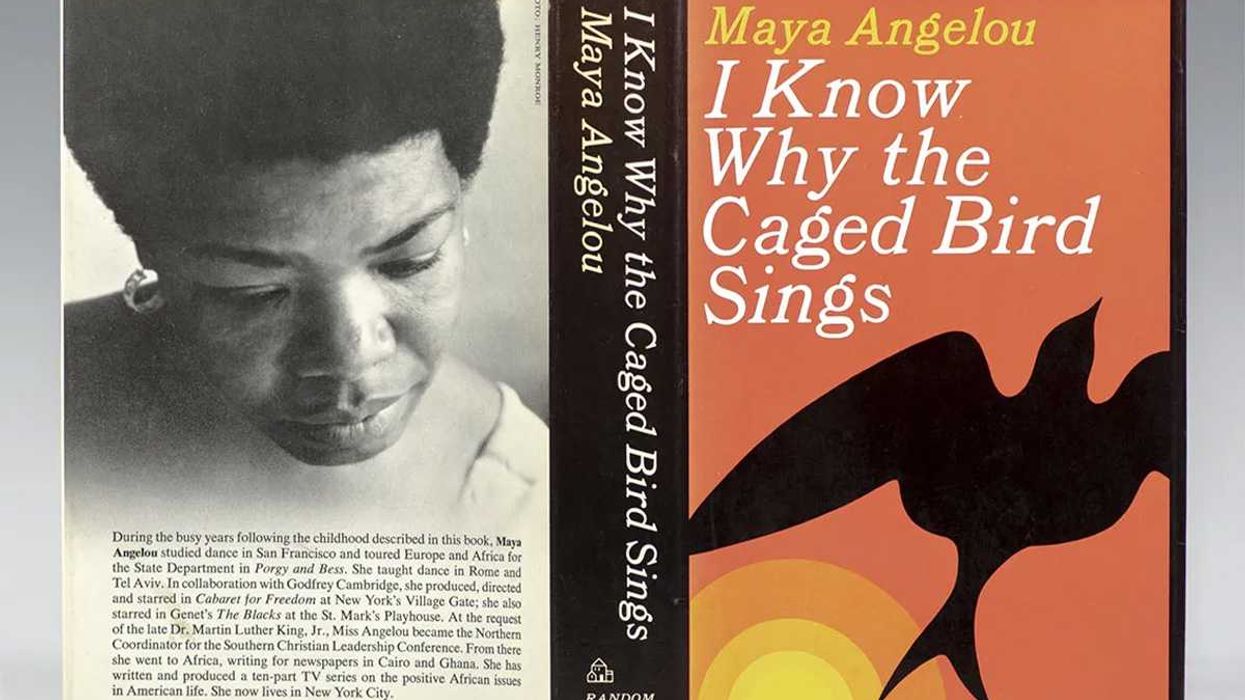Nobody—nobody—sleeps enough. The search for slumber is now a collective obsession, the topic of many yawn-filled conversations, marketing campaigns, and headlines. Sleep deficiency causes fatal road accidents and is a costly drain on the workforce. Children suffer at school. Moods are foul. Brains are shrunk. While problems like ADHD, obesity, and bad skin used to be attributed to diet, new studies suggest they might be due to catching insufficient Z’s. Gone are the days of sheep counting; we’ve lethargically moved on to prescription pill (and/or essential oil) popping. And the coffee. So much coffee. Yet little of it works. We are all, it seems, insanely tired.
After nearly losing my mind when my own insomniac tendencies collided with the endless wake-ups of my first child, I hired a family sleep consultant. She “trained” my baby and me to self-soothe, so we could put ourselves back to sleep after our many restless nights, which, she explained, are perfectly natural—the average full sleep cycle ranges from 70 to 120 minutes, not eight hours. “We’re training our kids to sleep like we do,” she wisely explained, “alone and for long periods of time.”
That’s when it hit me: Sleep as we know it—what I had always perceived to be an innate biological function—was actually a learned, social habit. Sleep is political.
Cultures around the globe sleep differently. In many Asian countries, co-sleeping among family members is the norm. Japanese parents, and even grandparents, often sleep near their children until they are teenagers, referring to this arrangement as a river—the parents are the banks, the child sleeping between them is the water. In New Guinea, it’s common for men to sleep in male sleeping quarters; women and children are on their own. Mediterranean countries have afternoon siestas; their workdays start later than ours, as do their meals and bedtimes. A seminal historical study by Roger Ekirch showed that for centuries, humans slept in two discrete chunks, with waking hours in between.
Shut-eye practices have been set around professional and family patterns (not to mention innovations in lighting). The eight-hour nocturnal slumber is thought to be a by-product of the Industrial Revolution and the standardized labor practices that followed. But fewer and fewer of us—myself included—work a 9-to-5 job, and technology has made the idea of set working hours obsolete for many. As a freelance journalist, I can write and email my editors at 3 a.m. if I like. And, perhaps in response to our evolving workdays, domestic structures are shifting to recall sleeping habits from other milieus. A record number of people live alone. Multi-generational families cohabiting in shared houses has been declared a new urban trend. Separately sleeping couples are increasingly common, as well: According to the National Association of Home Builders, 60 percent of custom homes will likely have dual master bedrooms by the end of 2015. The sites and configurations of our days and our beds are in flux.
Studies suggest that later-starting school days, especially for adolescents, would encourage better-rested and higher-performing students. But while our nexus of social and temporal arrangements are changing, we adults are sticking to old 11-to-7 sleep ideals, which is probably why we’re so bloody exhausted. I’m by no means denying that the coveted eight-hour sleep stretch makes me feel gloriously alert, but I am suggesting that we think about other models that might make us feel as good and which fit our shifting family and work structures. A recent study found that weight gain might have less to do with what we eat, and more with the time of the day we eat it. The clock is round and offers many permutations. Instead of pumping ourselves with downers and then uppers, we need to envision a new way to rest.
At least that’s what I tell myself as I wake up to nurse a new daughter every 90 minutes. Even if I don’t sleep tonight, I console myself, imagining the two of us resting on a beach hammock in a tropical Southern Hemispheric land—in the 18th century, while we’re at it—I’ll survive. I’ll rest in the morning, or afternoon, or with her lying on my belly. Or, frankly, whatever works.
















 Self reflection.Photo credit
Self reflection.Photo credit  Older woman touching hands with a younger self.Photo credit
Older woman touching hands with a younger self.Photo credit  Sign reads, "Regrets Behind You."Photo credit
Sign reads, "Regrets Behind You."Photo credit 
 Couple talking in the woods.
Couple talking in the woods. Woman and man have a conversation.
Woman and man have a conversation. A chat on the couch.
A chat on the couch. Two people high-five working out.
Two people high-five working out. Movie scene from Night at the Roxbury.
Movie scene from Night at the Roxbury.  Friends laughing together.
Friends laughing together.
 Maya Angelou reciting her poem "On the Pulse of Morning" at President Bill Clinton's inauguration in 1993.William J. Clinton Presidential Library/
Maya Angelou reciting her poem "On the Pulse of Morning" at President Bill Clinton's inauguration in 1993.William J. Clinton Presidential Library/  First edition front and back covers and spine of "I Know Why the Caged Bird Sings."Raptis Rare Books/
First edition front and back covers and spine of "I Know Why the Caged Bird Sings."Raptis Rare Books/ 

 Tow truck towing a car in its bedCanva
Tow truck towing a car in its bedCanva  Sad woman looks at her phoneCanva
Sad woman looks at her phoneCanva  A group of young people at a house partyCanva
A group of young people at a house partyCanva  Fed-up woman gif
Fed-up woman gif Police show up at a house party
Police show up at a house party 
 A trendy restaurant in the middle of the dayCanva
A trendy restaurant in the middle of the dayCanva A reserved table at a restaurantCanva
A reserved table at a restaurantCanva Gif of Tim Robinson asking "What?' via
Gif of Tim Robinson asking "What?' via 

 An octopus floating in the oceanCanva
An octopus floating in the oceanCanva